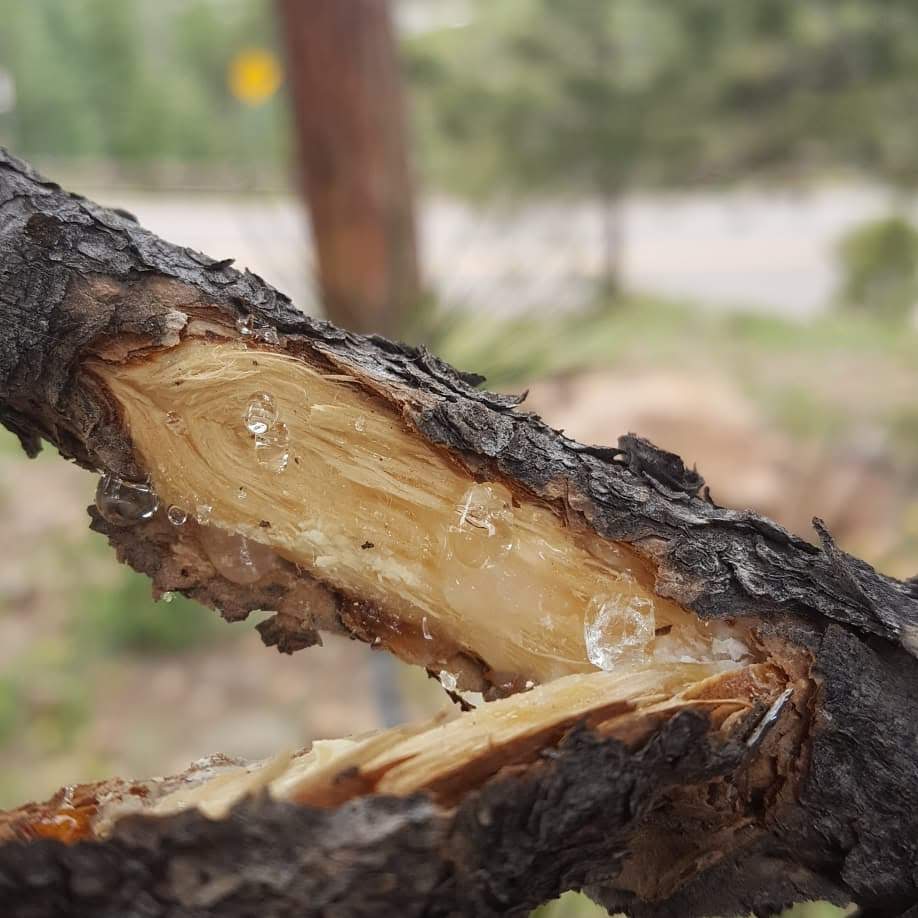Navigating Darkness
- Tania Y M

- Dec 16, 2024
- 4 min read
I was first invited into the uncertainty and terror of darkness when I was about 11 years old, after my grandmother died. She was someone I loved and someone that loved me. Having never experienced the death of a loved one before, this experience threw me into the loneliness and terror that the dark can bring: I woke up many times in the middle of the night frightened. I spent hours thinking of how darkness and coldness could be experiencing my nina in her grave and then my imagination would take me to imagine myself buried alone, in that confined space, screaming.

I did not know then, that darkness wasn't that and that my experienced had been touched by the unfathomable silence and coldness of death. Yet, I spent many years fearing the night; wondering about the shadows and monsters lurking in it.
Before this experience, the darkness of night had been the blanket covering the paranormal stories of children sitting in a circle. It had been the background of neighborhood pilgrimages during the Christmas season, and the perfect scenario to play hide and seek. The night had meant cuddles with mom while watching the evening TV shows or telenovelas.
Dear ones, please forgive me if I spend a bit more time on this personal recounts. Hang in there, I promise I'm getting somewhere.
Trauma confined me to the daylight, to the sense of security that being able to see brought me.
In 2018 I travelled to Nicaragua and was hosted by one of the families members of a coffee cooperative. Another person and I shared a room in the back of the house. The bathroom was about 12 feet away from the room. I went to use the bathroom in the night and here's the reflection I wrote then:
"But now that I was in Nicaragua I was surprised by the darkness. When the lights went out, I waited a few moments for my eyes to adjust to the change in light... and nothing. No matter how hard I tried to open them or fix my gaze on a fixed point.
It was a different darkness than the one I had known until then; it was not scary even though it was dense. Completely black, but charged with a sense of tranquility that was unimaginable to me until then. I felt completely welcomed and time stopped for a moment.
And just like that, I fell in love with her, and now I want more of that darkness; that sense of calm and to feel myself dissolve again with everything around me."
The darkness has been symbolic for humans to talk about the moments in their lives where it is hard to conceive of the next moment. A difficulty or a loss can brings us to a space where our sense of being in the world is challenged. We lose sight of possibilities. This experience of being in the dark is always in our interior. It's as if our spirit lost the compass that guided it before. Another metaphor for this state of being is that of being in a dark forest, in the underworld. The sense of uncertainty that this period of time brings may disable our ability to perceive what is still there, what we have not lost, what is still alive.
A spiritual journey does not happen solely in the daylight, one must move through the periods of uncertainty that will certainly come to find us. But our spiritual journeys and our own growth will help us to remember that darkness is not only about terror and lurking monsters but about so much more.
Moving through the darkness force us to slow down and to consider that which is most important to us. It is helpful for us to remember that the darkness we experience during times of uncertainty is the same darkness that has cradled our dreams and that has allowed us to grow in the past. The darkness also comes to make us rest and, in that resting, to help us grow. It is a necessary element in our journey.
Darkness requires a different kind of seeing and a different kind of way of navigating the world. It invites us to stop relying in our vision and to open ourselves to the gifts that our other senses and perceptions can bring. It is a path of intention; every step, every move, every breath. But it is also a path of remembering that in the darkness of the womb we were made.
I cannot always navigate the darkness alone and I don't expect anyone else to do it. Part of losing our ability to see includes, sometimes, our ability to recognize that there are those who may be willing to be with us in our journey. I have learned to reach out, to ask for help when the path I am following becomes too overwhelming. Navigating darkness requires a way of surrendering to what is, but also of surrendering to the state of innocence, of not knowing, where we can lean into our ignorance and reach out to those who have moved through it before us.
Every time we cross the darkness, we become someone new. We shed parts of ourselves and, in the darkness, incubate the seeds of growth that are getting ready to sprout. We return to the womb of the world, and are invited to give birth to ourselves again and again.

.png)



Comments